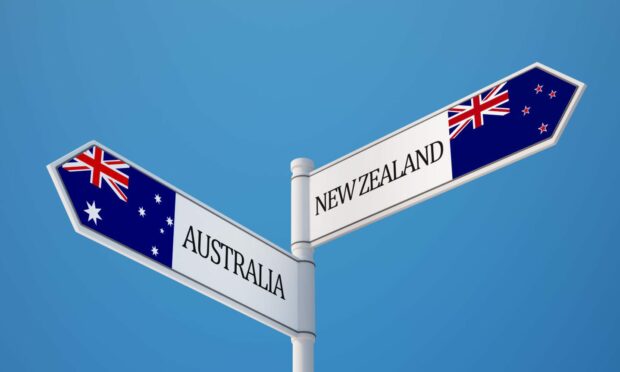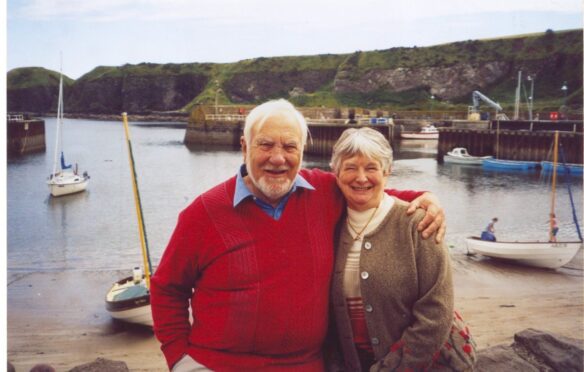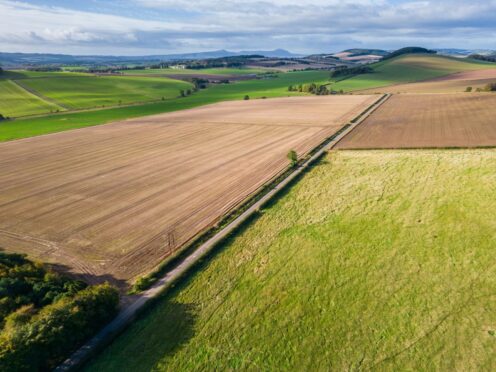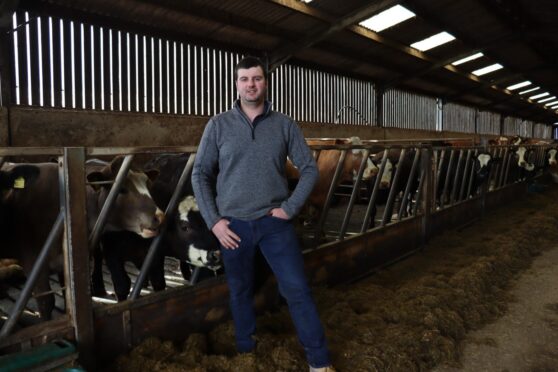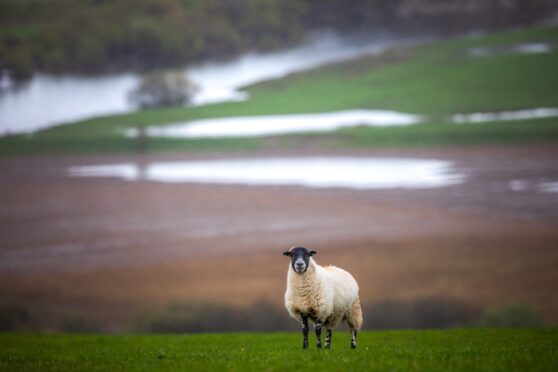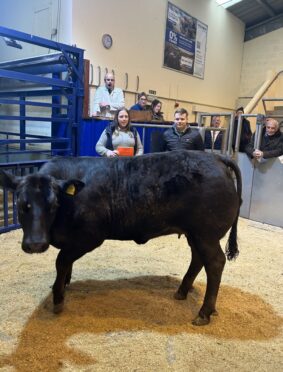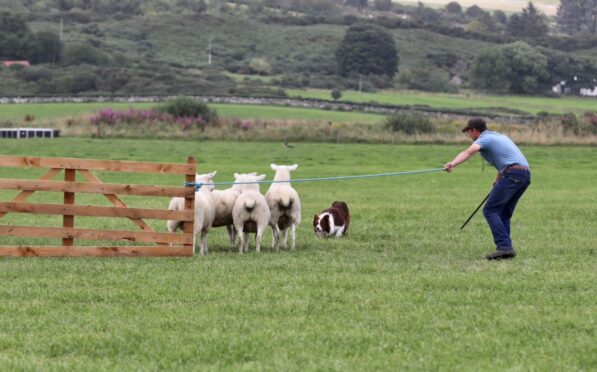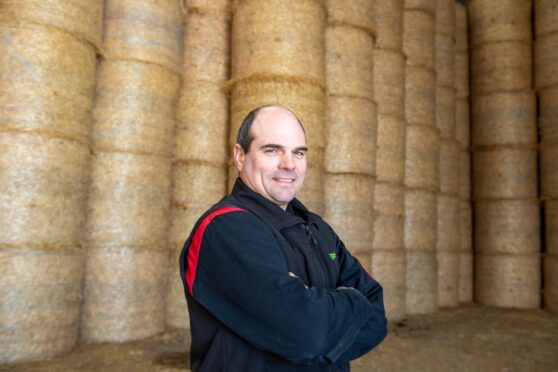NFU Scotland (NFUS) president Martin Kennedy has slammed the UK government for failing to protect Scottish farming interests after its free trade agreements (FTA) with Australia and New Zealand kicked into force at midnight.
While UK consumers may well be looking forward to cheaper prices for firm favourites on the supermarket shelves, it is highly likely that UK farmers will suffer as more Australian and New Zealand produce becomes available.
Mr Kennedy described the UK government’s track record on the two southern hemisphere nations free trade agreements as “one of failure”.
He said: “Both of these FTAs were negotiated in 2021 without the interests of primary producers in mind but with politically-driven haste in the wake of the UK’s departure from the EU.
“The UK government failed to protect Scottish farming interests, failed to properly engage with stakeholders and failed to provide parliament with proper scrutiny on such deals once agreed.”
He also accused the government of using agricultural interests and access to the industry’s food and drink sector as ”cheap bargaining chips” to secure what it seen as a more lucrative market access for other sectors.
“There was little or nothing in these damaging trade deals for Scottish food or farming, a fact that former Defra Secretary of State George Eustice recently recognised,” he said.
“NFUS has consistently highlighted the clear lack of meaningful safeguards to protect domestic food security, in addition to the cumulative impacts for particular sectors such as beef, lamb and dairy posed by two giants of global agri-food trade.
“Fast forward to the ‘Farm to Fork’ summit hosted at Downing Street on May 16 and the rhetoric of ‘putting agriculture up front’ and ‘protecting sensitive sectors’ in the context of any new FTAs.
“For NFUS, these commitments are certainly welcome, but in the case of Australia and New Zealand, they ring hollow and the horse has now bolted.”
